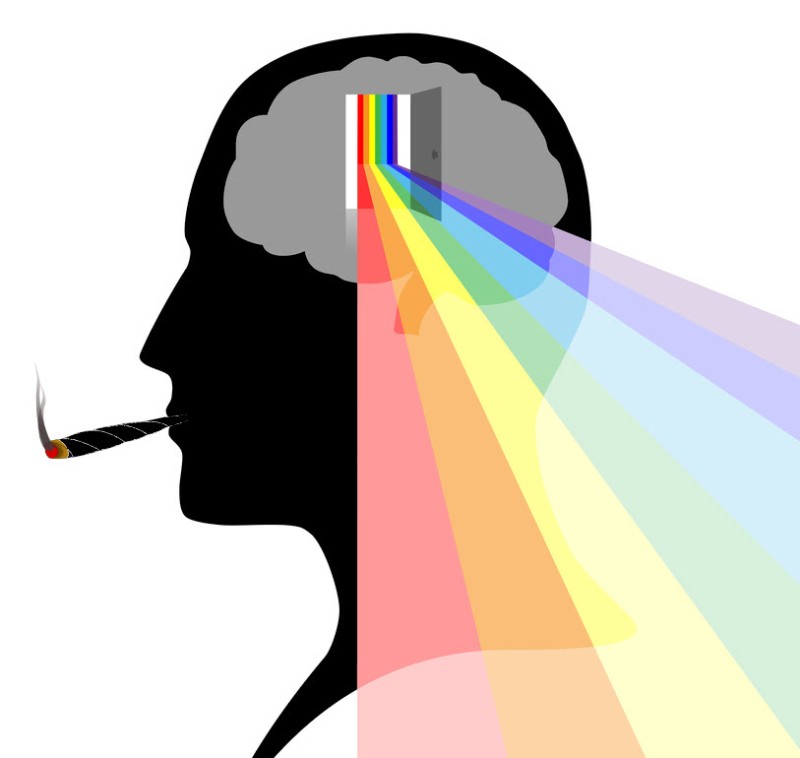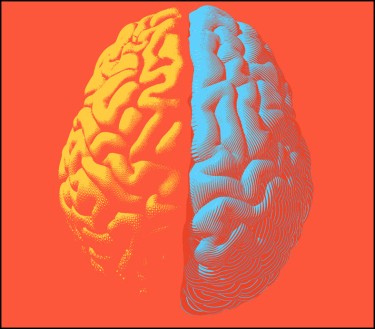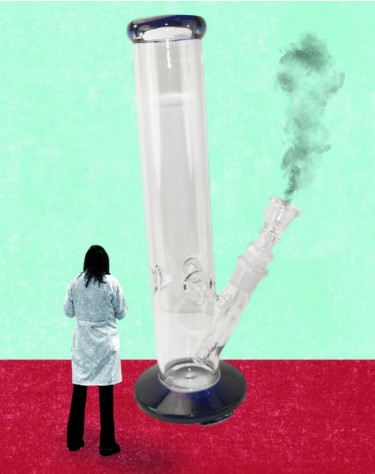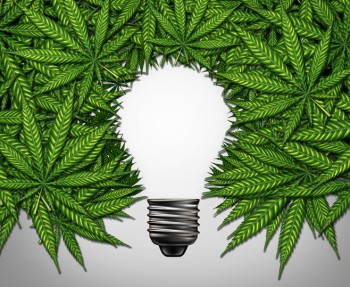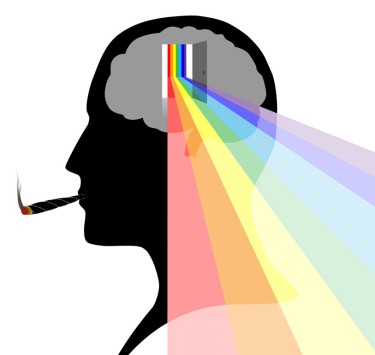
Harvard researchers say they've developed a new device to test for marijuana use and detect it. This new method has to do with brain scans and THC, and it could be the best way to finally solve the problem that has challenged employers and law enforcement officers for many years.
Testing for cannabis sobriety in drivers, employees, and other offenders has been a major puzzle for employers and law enforcement. Since the 2000s, scientists have proffered many solutions, including the use of breathalyzers and other portable devices, all of which have been unable to produce accurate results on whether or not a person is THC-impaired.
This latest development by Harvard scientists comes at just the right time, as cannabis reform policies are being implemented in several states. Officers are confused about successfully implementing the laws without being partial or making mistakes.
Finding a Perfect Solution to Detect THC-impairment
To make cannabis-related arrests, law enforcement relies on smells and people's possession of cannabis. They used modified breathalyzers, which could not accurately show the extent of impairment.
Originally, breathalyzers were devices used to test for alcohol intoxication. Officers used the test to detect if a driver was too intoxicated to drive, while some companies used it to test their employees. Another method was blood and urine tests to screen for illegal drugs like marijuana and narcotics in a person's system. Companies use this test for pre-employment and on-the-job screenings. However, even blood and urine tests give off inaccurate results regarding THC impairment. While the tests can detect the compound in the blood and urine long after its psychoactive effects have worn off, they do not track how severe the impairment is in the individual.
Due to this, hundreds of arrests have been made for joints taken weeks ago, making the entire process chaotic. Most organizations and companies have stopped testing for marijuana due to the inability of the tests to determine whether or not the drugs were used on the clock. Currently, only a few employers still sack their workers for using cannabis on or off the clock. The main compound that causes intoxication is THC, and existing tests give compound results for all cannabinoids found in the system.
The Harvard University research team claims its developed device is the best solution to get rid of chaotic results. Their findings have been published in the Neuropsychopharmacology journal.
The Future Of Sobriety Tests
Harvard has proposed a new approach to detecting impairments. Law enforcement and other agencies or companies will soon not need to rely on traditional drug tests using blood and urine. A team of scientists at Massachusetts General Hospital successfully detected cannabis intoxication using brain imaging technology as a non-invasive way to check for activation patterns in the brain. These detected patterns are often associated with cannabis use. This research could be the device officers could use to enforce cannabis policies on the highways and employers in their workplaces. It would help make areas safer and reduce the number of cannabis-related accidents on the roads and workplaces. It would also go a long way towards lowering unjust arrests and penalties meted out to drivers and workers for previous weed consumption.
The lead investigator at the Center for Addiction Medicine in Massachusetts, Jodi Gilman, described the latest development as a new direction for detecting cannabis impairment. The associate professor of psychiatry at Harvard Medical School said that the team's goal was to develop a way to see cannabis impairment using brain patterns in test subjects. On an individual level, the brain's activity tells a lot about drug use. Gilman explained that the breathalyzer approach wasn't an effective technique to detect cannabis use from an objective standpoint.
THC impairment is a critical issue because it gives an idea of an individual's level of intoxication. Brain imaging devices can be made into portable devices for use at traffic stops and workplaces.
The Study
The team measured brain activity patterns to accurately pinpoint the amount of THC in a body at that present time. The challenge revolved around the fact that the level of THC in the body does not directly correspond with the observed functional impairment. The researchers sought to find a way to accurately determine if people are too intoxicated to do basic operations like driving or heavy machinery duties.
The study was carried out on 169 volunteers. And they were placed on oral THC or placebos to see how their brains reacted to cannabis use. When the drugs were administered, a neutral activity signature was observed in the prefrontal cortex region of the brain of individuals who reported that they were intoxicated. They also showed an increase in oxygenated hemoglobin concentrations. The observed reactions were significantly higher than those observed in individuals with little or no intoxication.
Gilman said that the entire process isn't as complex as it sounds. Detecting the level of oxygenated hemoglobin concentration in the prefrontal cortex is a straightforward process. The team pointed out that a lot of money could be saved if the testing equipment were downsized into a lightweight, battery-powered device that could be handled by officers and trained staff members in a company. They also mentioned that the technology could be incorporated into caps or headbands that could be worn at any time. This would cut down the time for setting up.
In the next few months, the Massachusetts General Hospital and the Harvard University-led team of researchers will make further findings on the topic and carry out more trials on a vast number of volunteers. They seem pretty confident that they're going in the right direction.
Conclusion
Brain-imaging tests are far better than modified breathalyzer devices that only detect cannabis exposure but not intoxication levels.
This proposed device will eliminate partial treatments in workplaces and on the highway. It would also save medical cannabis patients and other cannabis product users with trace amounts of THC in their systems from unjust penalties. Law enforcement and employers will accurately fish out intoxicated drivers and workers with this device. As Gilman said, brain-based testing would be a practical and objective solution to measure intoxication due to marijuana.
ARE BRAIN SCANS THE FUTURE OF CANNABIS DUIs, READ MORE...
MARIJUANA BRAIN SCANS FOR DRIVING UNDER THE INFLUENCE?
OR..
CANNABIS BREATHALYZER TEST SOLVED, A CHEMIST HAS A NEW IDEA!

